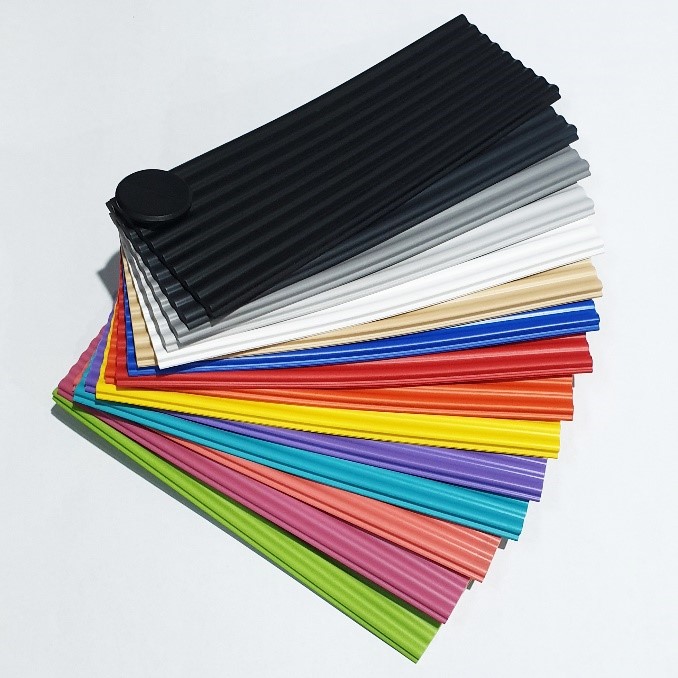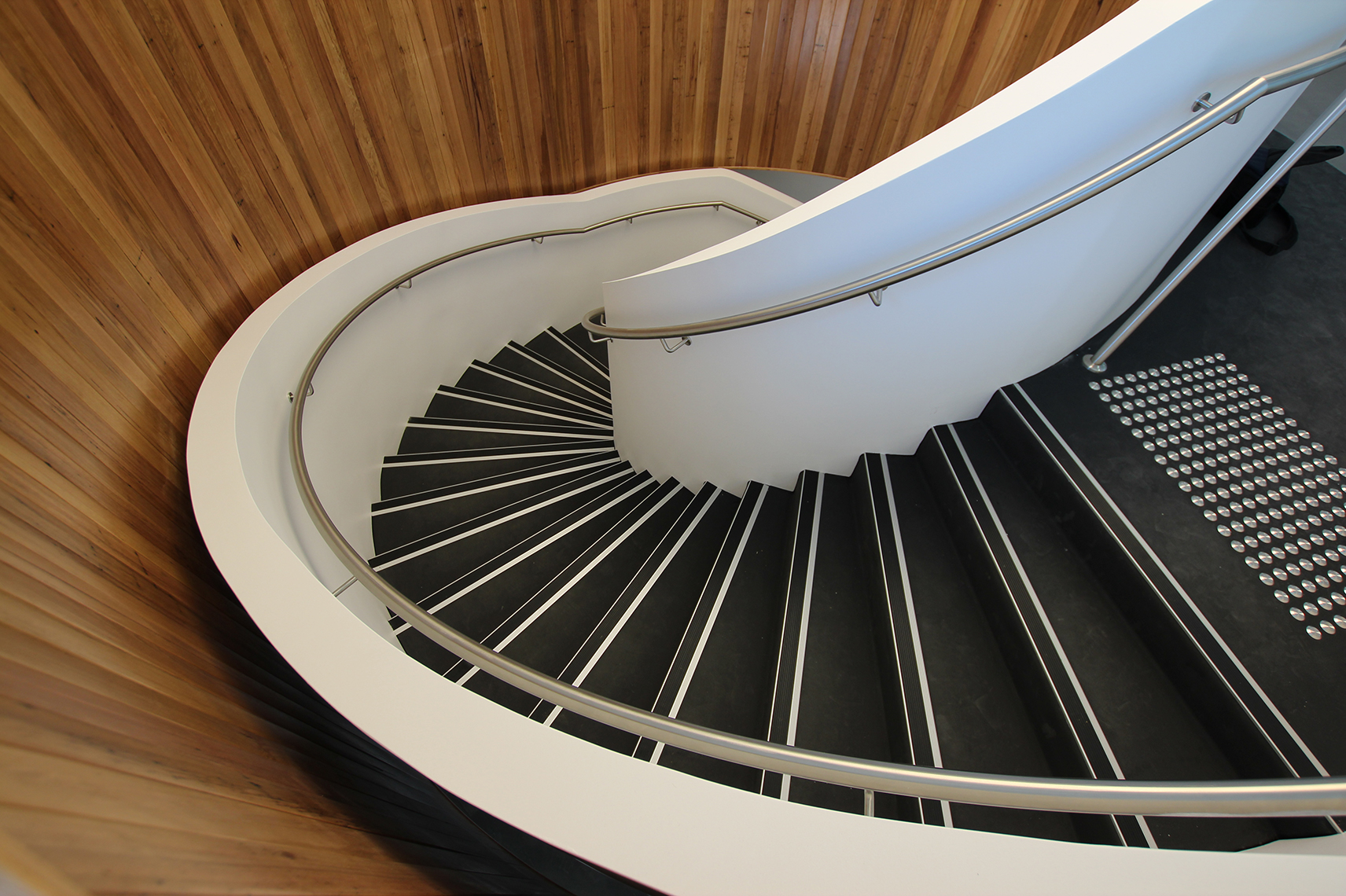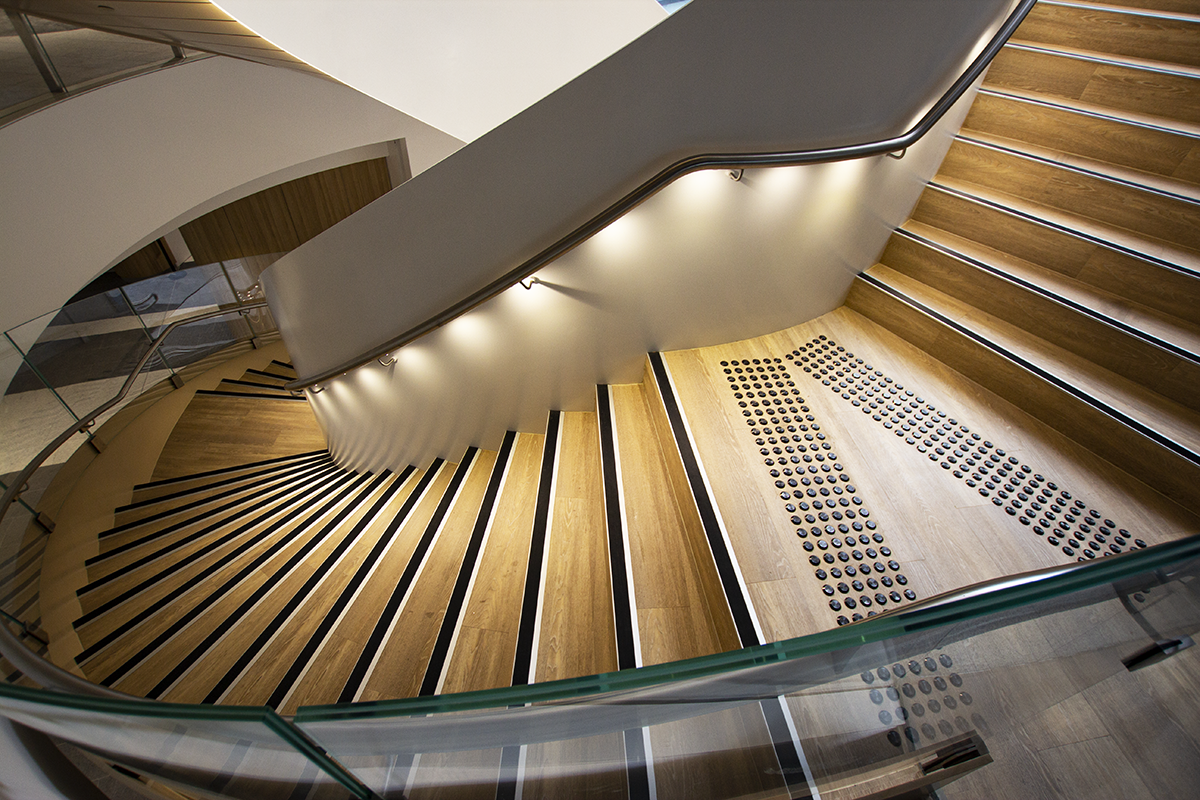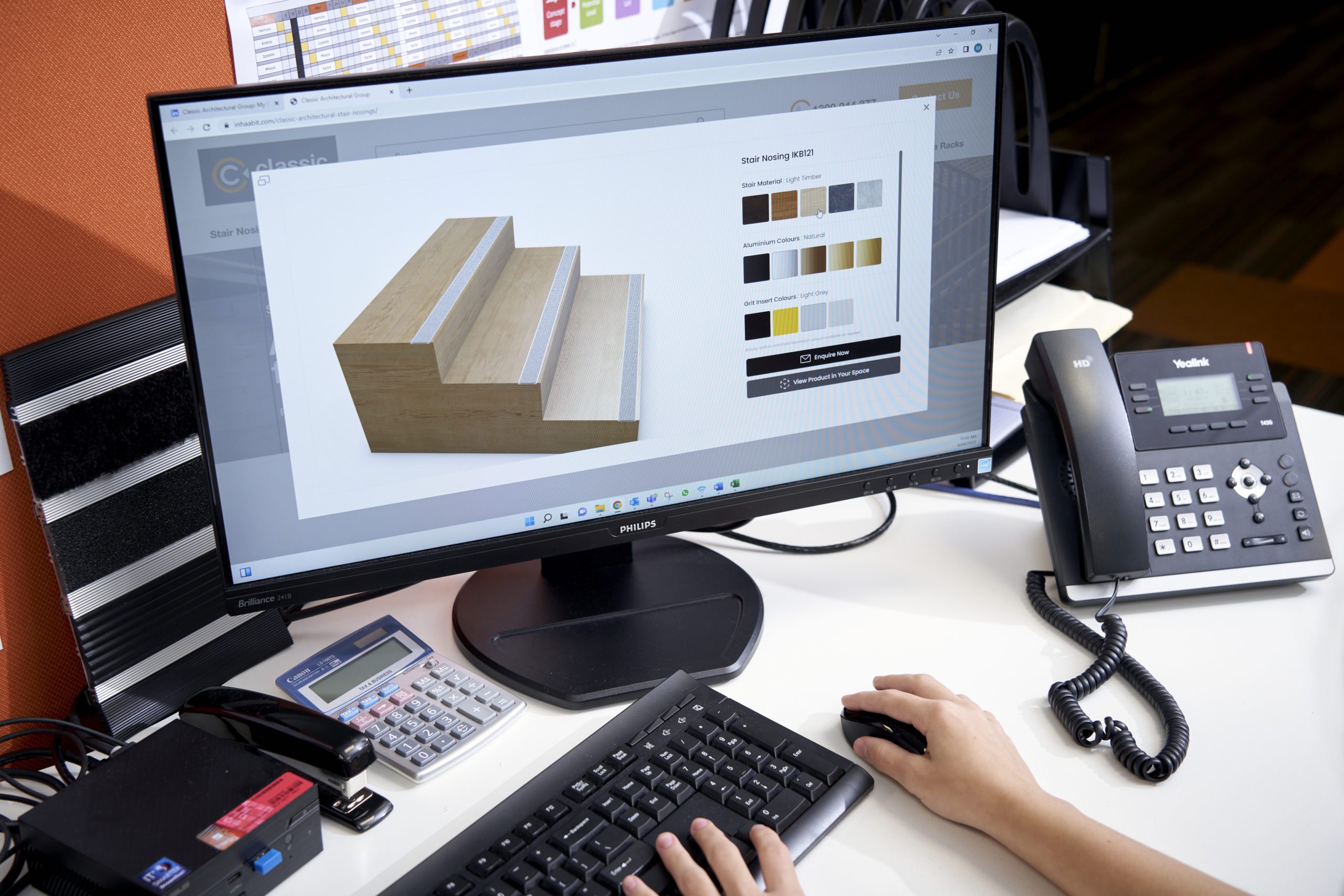“What are the Australian Standards of slip resistance?” – A question asked frequently by many who come to Classic Architectural Group seeking advice on their projects. Since the first Australian Standard for slip resistance was published in 1993, it has evolved into the four primary Australian Standards and Code Requirements that all have references to slip resistance in the built environment that are adhered to today:
NCC 2019
National Construction Code of Australia
The Construction Code of Australia (NCC) is a uniform set of technical provisions for the design and construction of buildings and other structures throughout Australia. This document includes a reference to slip resistance and designers and builders must ensure that their constructions satisfy this section.
Following on from this, under the NCC 2019, all building classifications must be accessible to people with disabilities with reference to the Australian Standard outline for access being AS 1428.1: 2009.
AS 1428.1: 2009
Design for access and mobility – General requirements for access – New building work
This Australian Standard is designed to provide building designers and users (architects, property owners and regulators) with the minimum design requirements for new building work to enable access for people with disabilities. This Standard states that continuous accessible paths of travel and circulation spaces defined in the standard must have a slip resistant surface. However, as with the NCC, no further information is provided regarding testing and classification.
AS 4586:2013
Slip Resistance classification of new pedestrian surface materials
This Australian Standard sets out suitable testing methods as well as the resulting classifications for each of the test methods. Test methods included in the standard allow for both wet and dry conditions and the limitations of some of the test methods (in particular the Oil-Wet Inclining Platform Test) are also raised.
HB 197: 1999
An introductory guide to slip resistance of pedestrian surface materials
This handbook establishes a basis for specifying pedestrian surface materials for various locations, to assist with the reduction of certain pedestrian risks.
As noted, the NCC 2019, the AS 4586:2013 and the AS 1428.1: 2009 all still require a certain amount of further clarification.
As the standards are laid out above, it is important to consider what the recommendations for stair nosings, as advised by Classic Architectural Group, are.
Internal/under cover applications
The SBR104 is an aluminium safety stair nosing for hard substrate stairs with a ribbed polymer insert, ramped back and a 10mm front. It is best suited for internal applications due to a high slip resistance as well as the large colour range.

Indoor and outdoor applications
The Tredfx Fusion series (eg FMR104) offers a distinguished elegant metal insert within the aluminium profile, which is also suitable for both internal and external applications. There are profiles in the range to suit any application such as vinyl, polished concrete, timber, carpet tiles or rebated applications.

Outdoor applications
The Domain series, including the DKR104, is the preferred choice of many of today’s specifiers with its contemporary appearance accompanied with durability. The carborundum/grit is suitable for the harshest of conditions, including wet areas.
All of Classic Architectural Group’s aluminium stair nosings are treated with the highest-level anodising, which not only looks better, but also assures longevity.
All installations are in accordance with manufacturer’s recommendations and the requirements of the NCC and AS1428.1-2009, come with a lifetime warranty and a customer satisfaction guarantee.
To discuss your next project, email info@classic-arch.com mentioning Flooring Magazine and our team will specify everything you require in accordance with Australian Standards.
Extract from Flooring Australia & New Zealand – Apr/May 2020 issue


